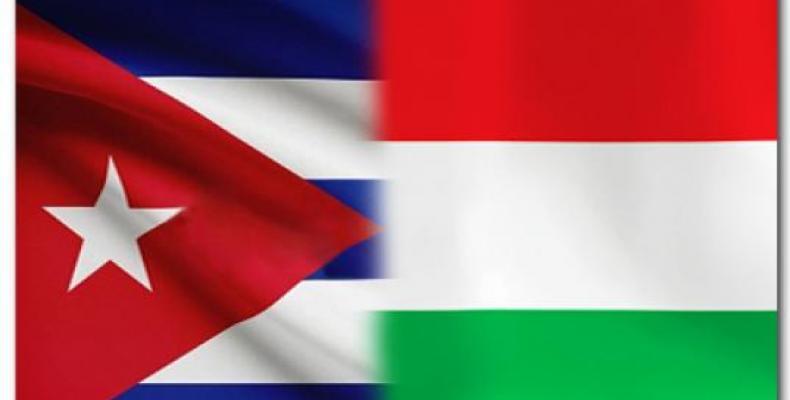A report by the World Food Program reveals that the economic, commercial and financial blockade imposed on Cuba by the U.S. government is responsible for affecting the food security of the country.
Dairy producers in western Cuba revises contracts with stockbreeders
The Base Enterprise Unit (UEB) Lácteos Matanzas 29 de abril (Matanzas Dairy Products April 29) is signing new contracts with local livestock producers after the enactment of new regulations for the peasants that herald greater milk production in order to fulfill its plans.
Task Life oxygenates central Cuba’s environment
The benefits of Task Life is felt in the province of Ciego de Avila through actions designed to make up for the negative effects of climate change, considered one of the greatest challenges facing humanity today.
The soul of the mountain
The swaying in the cab of his truck strikes fear into me. Since 1981 he has been riding back and forth along this causeway, built by men with “hoes and shovels”. Noticing that I was tense, he tells me, “The road is fine today because it hasn't rained so much".
Cuban President remembers heroine Celia Sanchez
The President of the Republic of Cuba, Miguel Díaz-Canel Bermúdez, evoked on Sunday in his official Twitter account the legacy of Celia Sánchez, heroine of the liberation struggles of the Caribbean nation and the revolutionary process led by Fidel Castro.
Animal nutrition research projects under way in eastern Cuba
The Center for the Study of Arid Agroecosystems (CEAAR) of the University of Holguin is developing a projects to increase product yield per hectare and find animal nutrition variants, given the impact of the U.S. economic, commercial and financial blockade, made even stronger in the midst of the pandemic.
Cuba congratulates Russia on Victory Day
Bruno Rodríguez Parrilla, Cuban Foreign Minister, congratulated the people and government of Russia on the 76th anniversary of the victory in the Great Patriotic War against fascism.
Cuba Strongly Rejects Colombia Expelling Diplomat
Cuba’s Foreign Ministry rejected on Friday the decision by the Colombian government to expel the First Secretary of the Cuban Embassy in Bogota Omar Rafael Garcia Lazo, amidst massive demonstrations underway since April 28 in that South American nation.
Virtual Business Forum Replaces Havana Trade Fair due to COVID-19
A business forum will be hosted by Cuba this year to replace the 38th Havana International Trade Fair which has been officially cancelled due to the COVID-19 pandemic as announced by Foreign Trade and Investment Minister Rodrigo Malmierca.
Cuban FM exchanges views with his Vietnamese counterpart
Cuban foreign minister Bruno Rodriguez held a telephone conversation with his counterpart, Vietnamese Bui Thanh Son, on the occasion of his recent inauguration to the post.
Cuban central province to increase exportable products in its economy
The province of Cienfuegos will incorporate 14 new exportable items this year, despite the limitations caused by the COVID-19 pandemic and the tightening of the U.S. blockade against Cuba.
Cuban Vicepresident Supervises Food Programs
Cuban Vicepresident Salvador Valdes toured agricultural areas in central Sancti Spiritus province to supervise the pace of food production programs.
Cuba and Hungary to Boost Trade Relations
Experts with the Cuban Chamber of Commerce and with Hungary’s National Agriculture Chamber addressed opportunities to further expand commercial relations in important economic areas.
Díaz-Canel highlights Haiti and Cuba's bonds of brotherhood
“Haiti will always be Cuba’s sister nation, land of the first Revolution of Our America. (…) History and the Caribbean bring both peoples together, and we will do everything that we can for your country,” Cuban President Miguel Díaz-Canel Bermúdez stressed today on Twitter in response to a message from his counterpart Jovenel Moïse.
Cuba advances digitalization of administration offices
Cuba reached the 19% mark in the process of data digitalization in Consumer Registry Offices (OFICODA).
Guardalavaca Beach Resort showcases its tourist offers for summer 2021
A display of nautical activities available at the Merlin Marina in Guardalavaca Beach stands out among the online actions developed by Ministry of Tourism (MINTUR) in the province of Holguin to promote its own tourism product in the eastern region, including popular hits such as catamaran and water bike rentals.

























